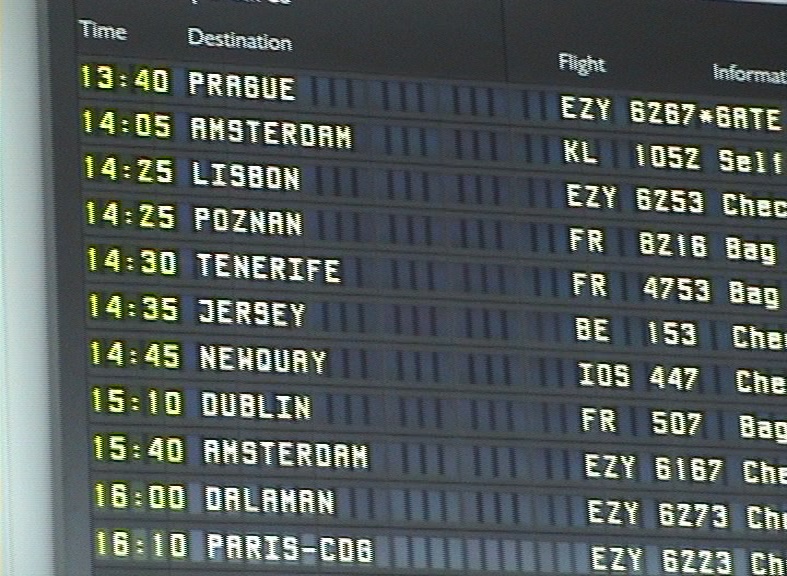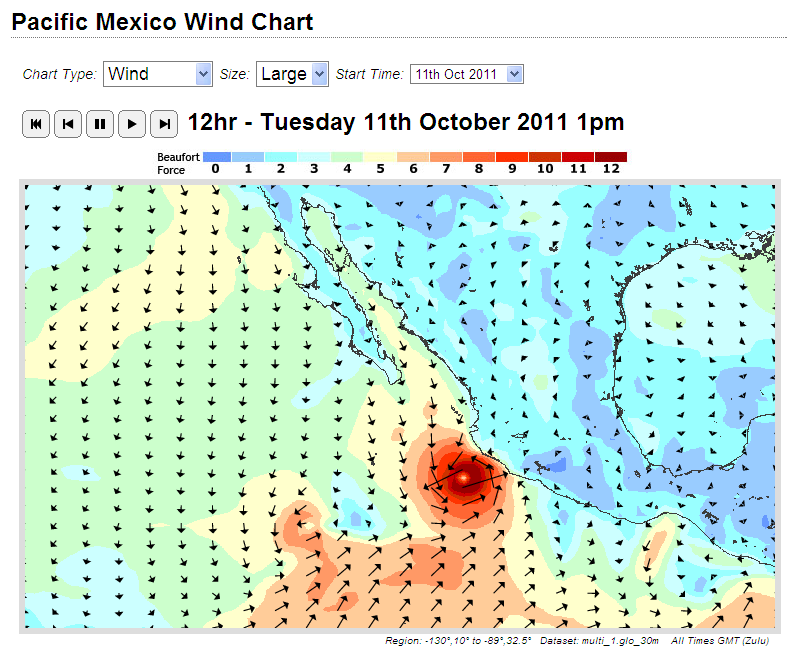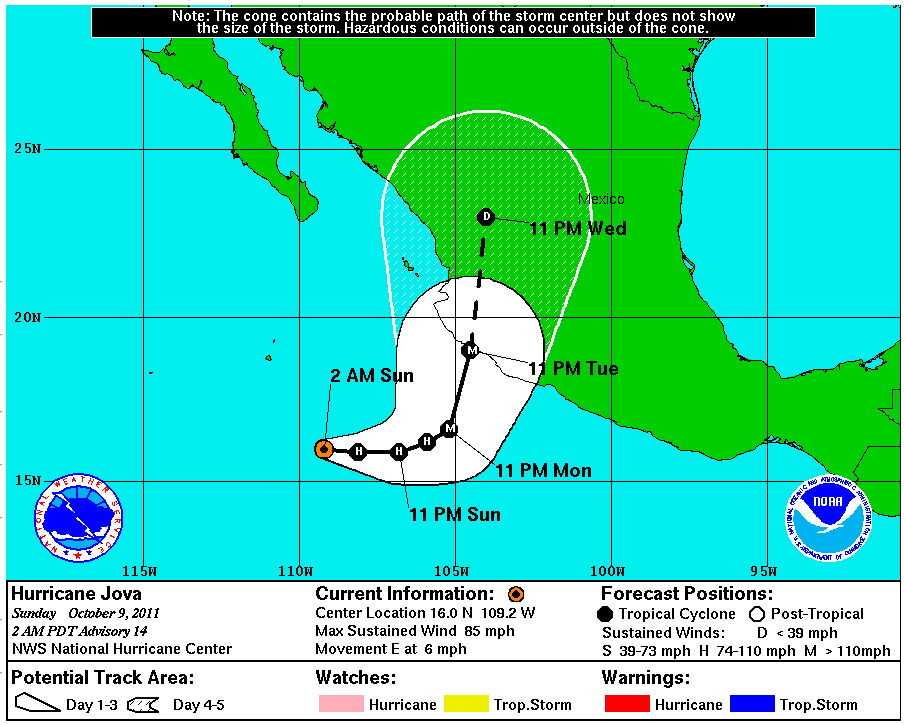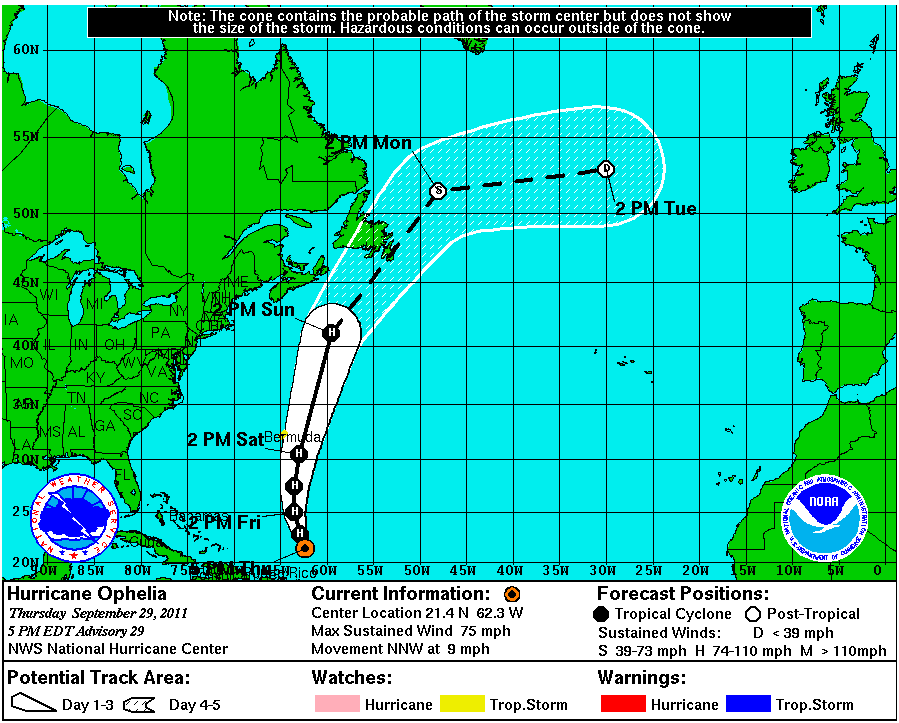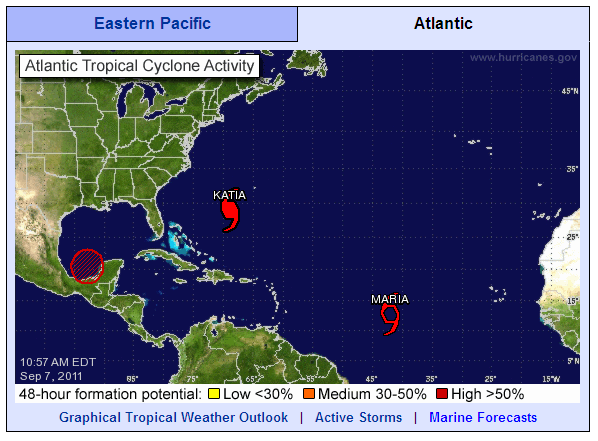As the G20 leaders start their deliberations in Cannes today some more famous names have been putting their weight behind the campaign to introduce some kind of financial transaction tax. On Tuesday the Anglican Archbishop of Canterbury, Rowan Williams, joined Pope Benedict XVI in calling for the introduction of what he referred to in an article in the Financial Times as
A Financial Transaction Tax – a “Tobin Tax” or, popularly, a “Robin Hood Tax”
but points out that the UK government currently does not favour such a tax. Then yesterday the United Nations Development Programme published its Human Development Report 2011, in which it said that:
The funding gap in resources available to address the deprivations and challenges documented in this Report could be substantially narrowed by taking advantage of new opportunities. The prime candidate is a currency transaction tax. The UN High-Level Advisory Group on Climate Change Financing recently proposed that 25–50 percent of the proceeds from such a tax be directed to climate change adaptation and mitigation in developing countries.
The UN goes on to propose a broader financial transaction tax:
Most G-20 countries have already implemented a financial transaction tax, and the International Monetary Fund (IMF) has confirmed the administrative feasibility of a broader tax. One version of the tax, a levy of 0.05 percent on domestic and international financial transactions, could raise an estimated $600–$700 billion.
Moving on from finance to energy, the UN also calls for:
A high-profile, global Universal Energy Access Initiative with advocacy and awareness and dedicated support to developing clean energy at the country level. Such an initiative could kickstart efforts to shift from incremental to transformative change.
Major energy inequalities persist across regions, countries, gender and classes. Acknowledging that energy distribution cannot be considered apart from political and social exclusion, the 65th United Nations General Assembly proclaimed 2012 as the International Year of Sustainable Energy for All.
and goes on to point out that:
We are gambling with our planet through “games” in which private individuals reap the benefits while society bears the costs. A system that allows such outcomes is doomed to mismanage risk. As Nobel Prize–winning economist Joseph Stiglitz recently noted, “the bankers that put our economy at risk and the owners of energy companies that put our planet at risk may walk off with a mint. But on average and almost certainly, we as a society, like gamblers, will lose.”
Perverse incentives provide investment banks and energy companies with hidden subsidies, like low liability caps, the prospect of bailouts, and the knowledge that taxpayers will shoulder the costs.
On top of UN Secretary General Ban Ki-moon's call earlier this week for the G20 leaders to listen to the voices of:
Young people and women [who] have taken to the streets throughout the world, demanding their rights and a greater voice in the economic and political life of their countries.
there is now a very loud chorus calling for the World's political leaders to start listening to their electorate and to stop gambling with our money.
Do you suppose there is any chance that pigs might fly over Cannes before the week is out?
Filed under Politics by


